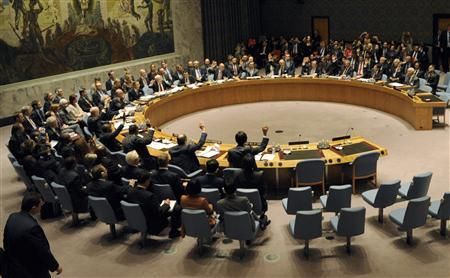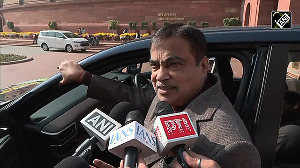 India has overwhelmingly won its re-election to the UN body on economic and social issues, garnering the highest number of votes in the Asia-Pacific group.
India has overwhelmingly won its re-election to the UN body on economic and social issues, garnering the highest number of votes in the Asia-Pacific group.
The 193-member UN General Assembly yesterday elected 18 members of the UN Economic and Social Council (ECOSOC) to serve a three-year term beginning January 1, 2015.
India was competing in the Asia-Pacific group, in which election was held for three seats.
India's term at ECOSOC was scheduled to end this year and it was re-elected after getting 183 votes, the highest in the Asia Pacific group, followed by Japan and Pakistan with 181 votes each.
A country required two-thirds majority of 124 to win a seat in the elections.
The win comes just a week after India got re-elected to the 47-nation UN Human Rights Council (UNHRC) for the period of 2015-17.
India's current term at the human rights body was due to end on December 31, 2014.
India had competed in the Asia-Pacific group in which four seats were up for election and it received 162 votes, the highest number in the Asia-Pacific group.
Following the human rights council elections in the General Assembly, India's Ambassador to the UN Asoke Mukerji had said that through the election victories, India has consistently proved that in the UN family, its standing is a "high one".
He had said the re-election win is a "useful indicator" to show that "what India stands for in the international community is not only a perception of India but is backed-up by a vast majority of the UN membership."
In this context, Mukerji had underscored the importance and need for implementing the long-pending reform of the UN Security Council by the 70th anniversary of the world body next year.
The other 17 members to be elected to ECOSOC apart from India were Argentina, Austria, Brazil, Burkina Faso, Estonia, France, Germany, Ghana, Greece, Honduras, Japan, Mauritania, Pakistan, Portugal, Trinidad and Tobago, Uganda and Zimbabwe.
Of the 18 elected, Austria, Burkina Faso, France, Germany, Greece, India, Japan and Portugal were re-elected.










